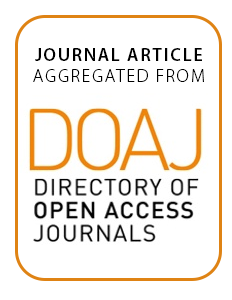Resource information
Immediately after the 1967 war and the occupation of the West Bank and Gaza the national religious youngsters (Gush Emmunim settlers) reached out to settle the new frontier of the biblical places. By thus, they have developed a Messianic myth. The interpretation of Gush-Emmunim settlers’ experience of landscapes reveals a complex and contradictory structure of sense of space. Settlers’ mythical sense of space may be understood in two strata - imagined and material. The imagined stratum is conceived mainly in transcendental romantic terms while the material is reified according to classic conceptions. Two main contradictions are outstanding: first, between the romantic representation of Jewish landscapes and the classic representation of Palestinian landscapes in the imagined stratum; second, between the romantic representation of the Jewish home space in the imagined stratum and the classical representation of the suburban Jewish home landscape in the material stratum. The first contradiction is inherent in frontier societies as a means to pseudo-rationalize the colonisation of the land, although in general there may be a mixture of romantic and classic attitudes towards the natives. The settlers pioneering myth is highly subsidised by the government and aggressively backed by military force. This enables them to tolerate the surrounding fear, antagonism and hatred. Thus, the landscape they build represents power and domination with no regard to local nature and to the Palestinian landscapes that are perceived by the settlers as part of it.


